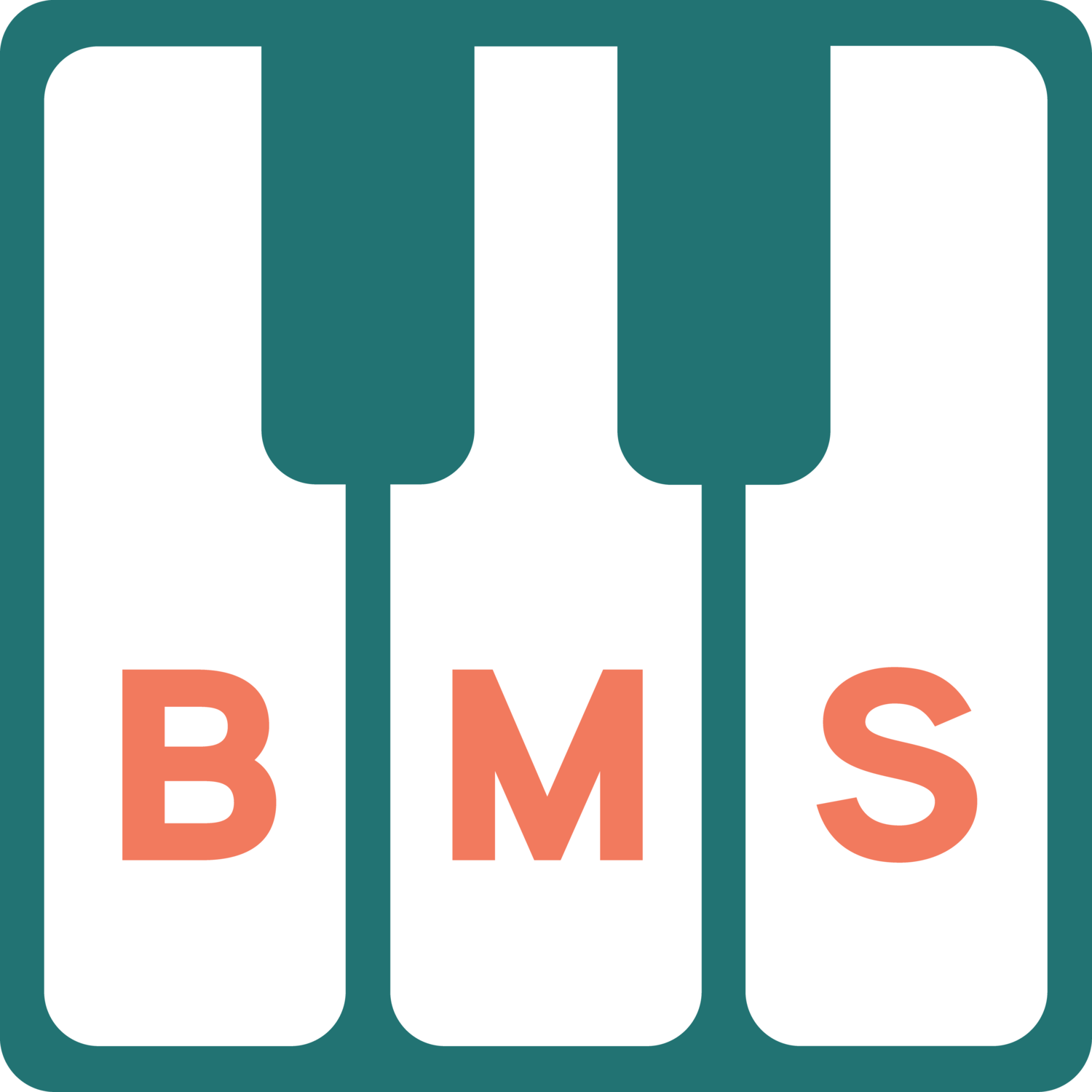Structuring Practice Time
Being as practice is such an integral part of learning, it is very important that you get the most out of the practicing you do. So don’t get caught up on fulfilling a quota of time per day, instead have very clear and achievable goals for each practice session. Starting a new piece and wanting to have it fully memorized is probably not an achievable goal (but if you really want to I won’t stop you). Memorizing the first two lines, or being able to play the first page consistently and evenly, or singing through the first verse with accurate pitch and rhythm, are just a few examples of something that gives your practice direction and focus. Once you have confidently achieved that smaller goal, maybe that is all you could do for that day, or maybe you want to tackle a new goal, but regardless you still were able to learn and improve, even if it ended up being 10-15 minutes.
Putting time pressure on our practicing can inhibit our progress, if all you end up doing is playing or singing the same thing over and over without actively listening or paying attention, just to make it to the end of the 60 minute timer. More importantly, it can take away the enjoyment we can get from learning, practicing and making music. So every time you go to practice anything, take a few seconds to think about what you want to accomplish today.
Generally speaking, you should always start with some kind of “warm-up.” Whether you are singing or playing an instrument, just doing a few technical exercises can get your fingers or (vocal) folds ready, and help you focus. Playing through something absentmindedly is not going to help you as much as really listening and thinking about how you want the music to sound. These warm-ups function like stretches before working out, or working on proper form so you don’t injure yourself. After warming up, work through some repertoire. If you only have 20 minutes, limit yourself to one piece so you can really take the time to pay attention to anything that needs work.
The best advice I can give about practicing, is that you quite simply have to do it if you want to progress. Don’t try to cram an hour session in the day before a lesson. Doing several smaller sessions throughout the week will help build consistency and a better awareness of your instrument. The wonderful thing about learning music, is that you are rewarded for the time and energy you put into it. The reward of singing your favourite song, or playing through the title song from a movie you loved as a kid, will help motivate you and make you feel good about what you are accomplishing.

DISCLAIMER
I am not a medical doctor. These posts are all anecdotal, based on experiences through my own learning, understanding and teaching. My musical knowledge is based primarily in the Western classical tradition, which by no means defines the only perspective to learn and understand music.

